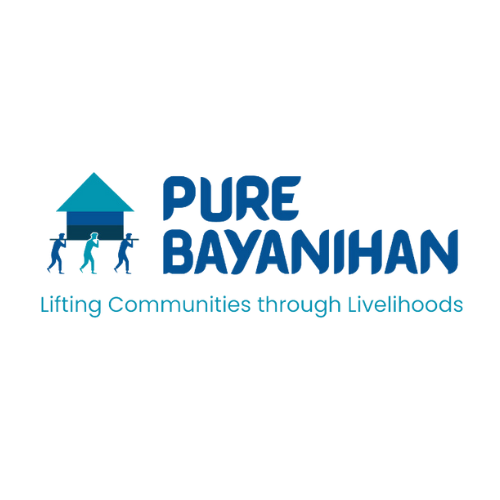It’s easy to take the simple things for granted—like a hearty meal, clean water, clothing and medical care.
But in Silvino Lobos, a community in Northern Samar where 70% of the population lives in poverty, these things are not readily available. And residents often go without them.
Amabel is among the residents who are facing the harsh reality of poverty in Silvino Lobos, made even more challenging by the limited access to basic necessities. The lack of adequate infrastructure in the area makes it difficult for them to access even the most essential resources.
Even the most basic things, like eggs, are hard to come by in Silvino Lobos. The closest grocery store is two hours away, and getting there requires traversing muddy roads and crossing rivers on a habal-habal, a motorcycle with makeshift seats for three or more passengers.
The challenges of their community are not lost on Amabel. When someone gets ill, it’s difficult to secure proper medical attention, and social services remain inaccessible. While she and her churchmates constantly pray for a better future, she knows that they must continue to live through poverty and the dangers of their only mode of transportation, the habal-habal.
But Anna Rombaoa and the Pure Bayanihan team were determined to brave the intimidating roads and collaborate with the local people to find a way to extend help to the community.
With funds accumulated and food packs ready, they were set to rent out 40 habal-habal motorcycles. But a group of volunteer residents stepped up and found a truck to transport the supplies safely.
The volunteers, together with the church groups in Silvino Lobos, gave out vouchers and delivered sacks of rice to their neighbors, navigating through muddy roads with smiles on their faces.
But this is just the beginning.
Pure Bayanihan is committed to continuing its mission of providing sustainable solutions like livelihood programs and agriculture projects to Silvino Lobos.
And with your help, we can slowly lift Silvino Lobos and many other communities from poverty.





